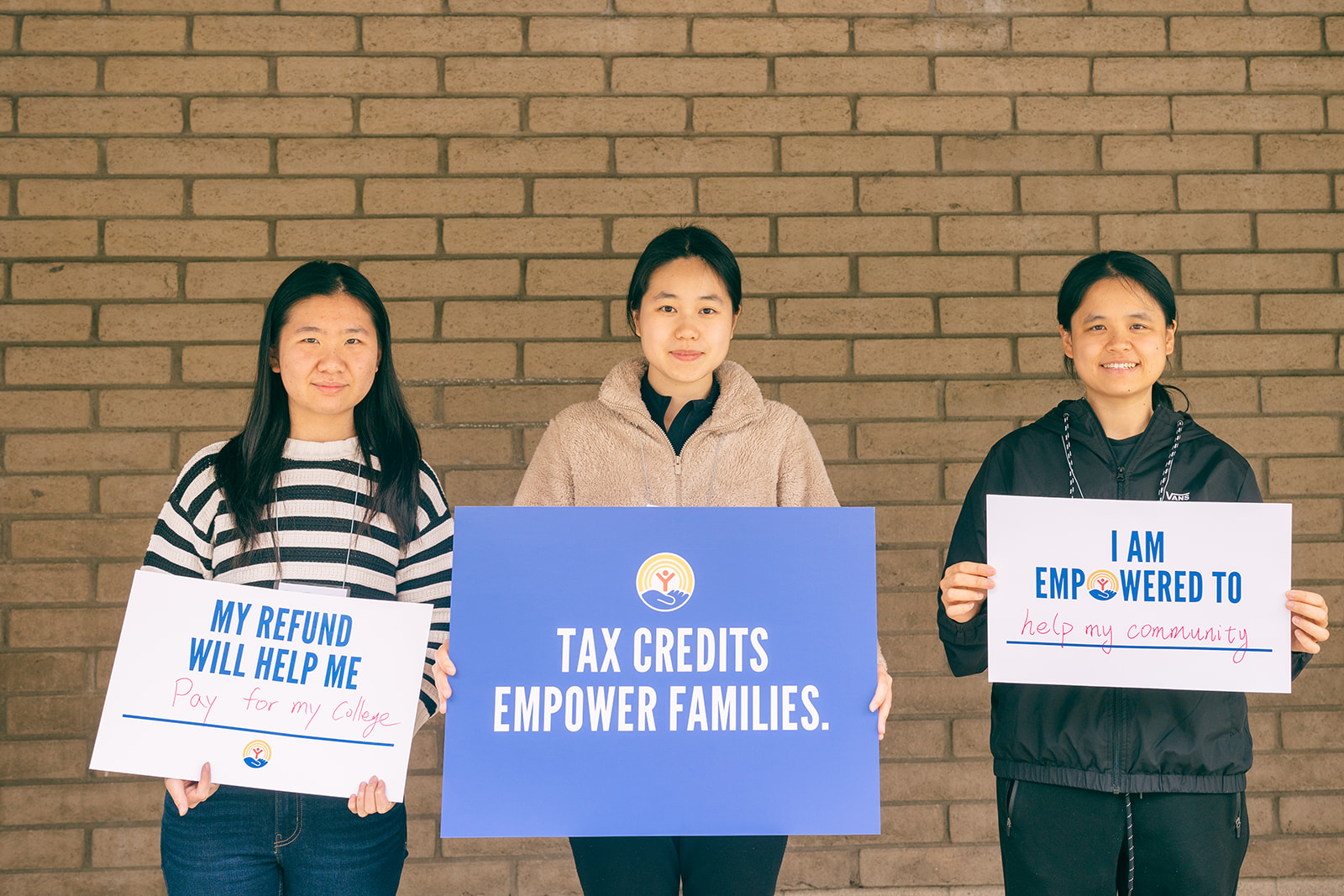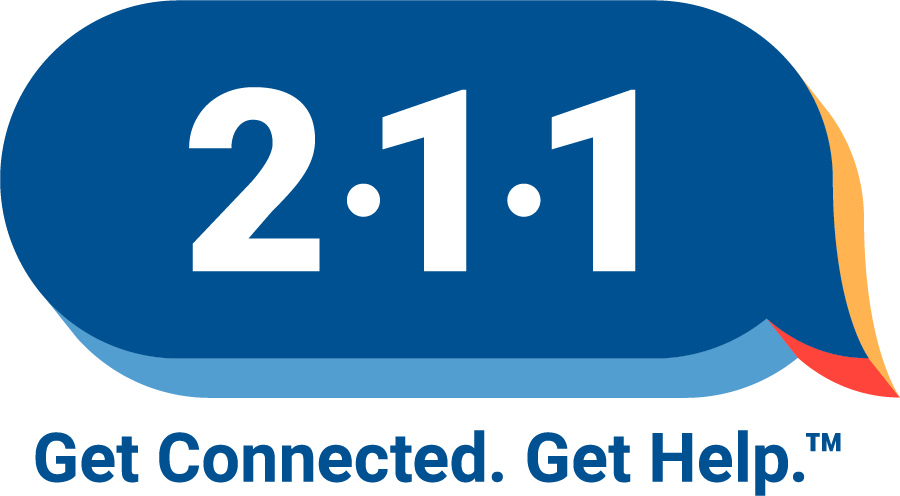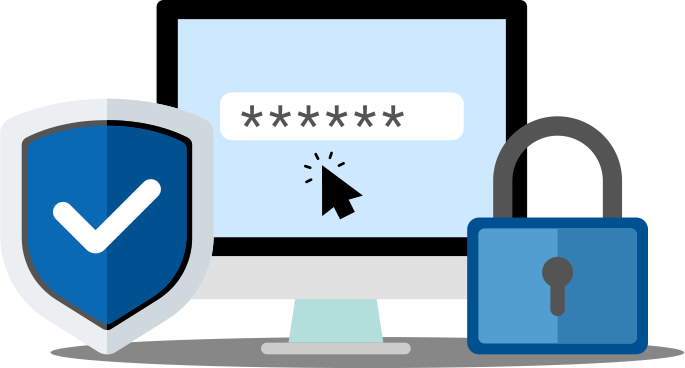Reflections During Asian American, Native Hawaiian, and Pacific Islander Heritage Month

Read time: 4 minutes
At United Ways of California, we honor and celebrate observances like Asian American, Native Hawaiian, and Pacific Islander (AANHPI) Heritage Month to promote a sense of belonging among our staff, to recognize and honor the significant contributions of historically marginalized or underrepresented voices, and to educate ourselves about inequities and injustices in our country.
In May and year-round, it is important to celebrate the accomplishments and contributions of AANHPI people. It is also important to remember historical injustices such as the Chinese Exclusion Act of 1882 and the internment of Japanese Americans during World War II as well as acknowledge inequities that continue to affect Asian Americans, Native Hawaiians, and Pacific Islanders in California today.
Addressing Inequities and Misconceptions Affecting the AANHPI Population
While the AANHPI community is often stereotyped and dubbed a “model minority,” heralded as proof of the “American Dream,” these stereotypes are harmful to Asian Americans, Native Hawaiians, Pacific Islanders, and other racial and ethnic groups they are compared to—particularly Black Americans.
It’s critical that the AANHPI community not be looked at or treated as a monolith. The term AANHPI represents a diverse group of people with ancestors from more than 40 countries and even more ethnic groups, according to the Asian Pacific Institute on Gender-Based Violence. Combining these widely varying populations can obscure disparities happening within portions of the AAPI population.
The AANHPI population as a whole and subsets of this group face a variety of inequities and injustices that must be acknowledged.
This is particularly true in California. According to the U.S. Department of Health and Social Services Office of Minority Health, California has the largest AANHPI population of any state. And about two-thirds of the most common non-English languages spoken in California are Asian languages, according to the California Complete Count from the Census 2020 Office.
United Ways of California’s Real Cost Measure study shows that 30% of Asian American and Pacific Islander households are unable to afford basic necessities like housing and health care. According to the U.S. Department of Health and Social Services Office of Minority Health, 9.6% of Asian Americans are living at poverty level, with many discrepancies in income and employment existing between subsets of the AANHPI population. A 2018 study by the Pew Research Center also found that Asian Americans had the largest economic divide of any racial group, showing that there can be very different financial stories among the AANHPI population. The National Asian Pacific American Women’s Forum states, “AAPI women are overrepresented in frontline and low-wage positions” and that “Thai, Vietnamese, Pakistani, Tongan, Bangladeshi, and Nepalese women face some of the highest wage gaps.”
There are also important immigration status considerations among this population. According to the Asian Pacific Institute on Gender-Based Violence, about two-thirds of Asian Americans were born outside the U.S., and in 2015 “those from Asian countries made up the largest group of all refugee arrivals to the U.S.,” both of which can create specific needs for this population. Additionally, Asians have become the “fastest growing group of undocumented people” in the U.S., according to the Economic Policy Institute, which means that culturally relevant outreach and support may need to include resources for those who are undocumented as well as sensitivity around that citizenship status.
It is important that programs supporting those with low to moderate incomes be accessible and culturally responsive to all who are eligible, including underserved populations. Our VITA (Volunteer Income Tax Assistance) partners provide outreach and support in languages that reflect their communities and provide free tax prep sites that meet community members where they are at, like the Asian American Senior Citizens Service Center in Santa Ana and Asian Resources Inc in Sacramento. 211 call centers are also staffed with specialists who speak the most popular languages in the state, including many Asian languages.
Our VITA work also supports those looking to apply for or use an ITIN (Individual Taxpayer Identification Number), which can support the residents in California who may not be eligible for a Social Security number but could be eligible for life-changing tax credits.
Vivian Pham is a Vietnamese volunteer who has been supporting VITA (Volunteer Income Tax Assistance) programs for nine years, this year serving at the Asian American Senior Citizens Service Center in Santa Ana. She loves volunteering because the program helps the community, particularly Vietnamese people living in America both permanently and temporarily, both U.S.-born and Vietnam-born.


Allison, Wei, and Shan are UC Irvine graduate students from China. They were excited to learn more about the U.S. tax system and get practical experience related to their studies by becoming VITA volunteers this semester. “Not only do we help others, but we learn a lot of information about how to prepare tax returns,” Wei said.
Celebrating AANHPI Heritage
We appreciate the AANHPI staff, volunteers, and community members across our California United Way network. We also appreciate contributions of the greater AANHPI community to our everyday lives.
Asian Americans, Native Hawaiians, and Pacific Islanders have contributed to human rights issues, sports, the arts, medicine, technology, and so much more. Significant developments in our country’s history, like the transcontinental railroad, have literally been built by AANHPI laborers.
It is important to celebrate AANHPI heritage, history, and culture, and in doing so, it is critical to compile a diversity of experiences and perspectives that reflect the great diversity of the AANHPI population. Celebrate AANHPI artists and athletes alongside scientists and mathematicians. Celebrate Hmong and Tagalog language learning alongside Mandarin and Japanese. Celebrate foods and cultural traditions of people from Cambodia, China, India, Japan, Korea, Malaysia, Pakistan, the Philippines, Thailand, Vietnam, Guam, Samoa, and more. Learn about cultural traditions from ethnic groups that originate within those countries’ borders.
As a part of our commitment to equity, United Ways of California is gathering and sharing resources that might be helpful to our staff, network, and partners. If you want a place to start for your individual or collective learning this month, this AANHPI Heritage Month guide is available to you as a resource as well.
Join us in celebrating the contributions of Asian Americans, Native Hawaiians, and Pacific Islanders to our world and workplaces—this month and year-round.



